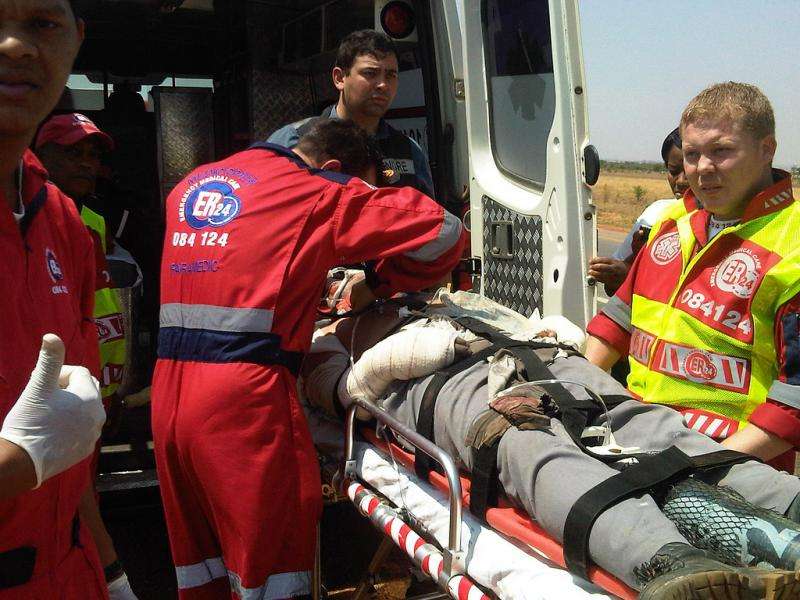Training essential for disaster response

As people count the cost of the bushfire that has devastated the South West town of Yarloop, one local clinician is investigating how emergency burns staff should prepare for the unexpected.
Disaster training has a huge part to play in this process, former Royal Perth Hospital plastic surgeon Dr Jolyon May says.
The Burns Service of Western Australia already has a lot of experience managing mass casualty burns disasters after the October 2002 Bali Bombings and the explosion of an asylum seeker boat near Ashmore Reef in 2009.
"Disasters like Ashmore Reef are rare and unpredictable, but hospital staff need to be prepared for the unexpected, so we can give the best care to every single patient, whilst under unimaginable levels of stress," Dr May says.
He set out to determine the self-reported level of training that burns service staff had immediately after dealing with the 2009 disaster, using a six-question survey that was circulated to 144 Royal Perth Hospital staff.
Results indicated relatively high rates of disaster training (78 per cent), perhaps reflecting the staff's previous experience.
"There are a number of disaster management courses available to hospital staff, but they are not compulsory," Dr May says.
"Nobody had ever looked at a group of medical professionals, who had responded to a major disaster, to see what their level of training was."
Formal training, mock exercises both essential
The survey found managers tended to have completed more disaster training than doctors and nurses, reflecting their organisational role in disaster management planning.
"Although managers are rarely on the front line, they need to tell staff when and where they need to be if a catastrophe occurs," Dr May says.
Doctors were more likely to have completed formal disaster management courses, but nursers were more likely to have participated in mock disaster response exercises.
Ongoing formal and practical training is essential if staff are to be prepared for major disasters, Dr May says
"Disasters can occur anywhere, at any time, so all hospitals should have a plan in place for a catastrophic event, and know what level of training their staff have," he says.
Provided by Science Network WA
This article first appeared on ScienceNetwork Western Australia a science news website based at Scitech.


















